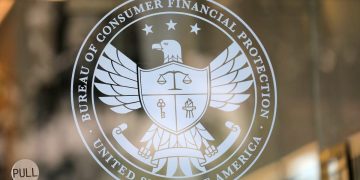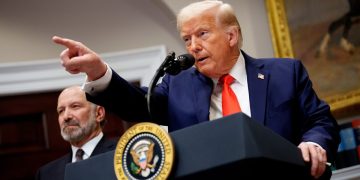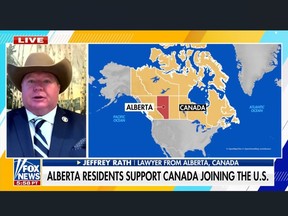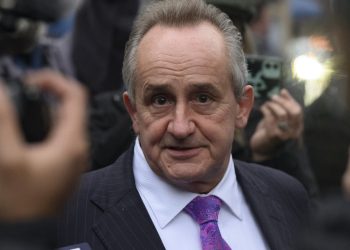Florida public records law another victim of COVID pandemic, experts say
Reading Time:2 mins read
Related Posts
Popular Newzz
-
Native American Art Exhibit in American Adventure at EPCOT Closing for George W. Bush Veteran Paintings
-
U.S. Luge Foundation hosts golf and dinner fundraiser | News, Sports, Jobs
-
Why the Fed is in a tough spot with its interest rate decisions
-
Trending News Corona impact on Vehicle Noise, Vibration, and Harshness Products Market Business Opportunities, Size, Growth, Trends and Manufacture Development Analysis, Current Trends and Growth Forecasts by 2026| Sumitomoriko, Autoneum, Zhuzhou Times, Tuopu
-
11 women accuse Alexander real estate brothers of sexual assault in lawsuits
Categories
- ART & CULTURE
- AUTOMOBILE
- B2B
- BEAUTY
- BLOCKCHAIN / CRYPTOCURRENCY
- BUSINESS
- CYBERSECURITY
- DENTAL
- ECOMMERCE
- ECONOMY
- EDUCATION
- ENTERTAINMENT
- FASHION
- GADGETS & MORE
- GAMING
- GARDENING
- HEALTH & FITNESS
- HOBBIES & DIY
- HOME IMPROVEMENT
- INDUSTRIES
- INSURANCE
- INTERNATIONAL
- LAWYER
- LIFESTYLE
- MARKETS
- PARENTING
- PERSONAL FINANCE
- PET
- PLUMBER
- REAL ESTATE
- SOFTWARE
- SPORTS
- STARTUPS
- TECHNOLOGY
- TRAVEL
- Uncategorized
© 2021 Copyright - All rights reserved.



























































